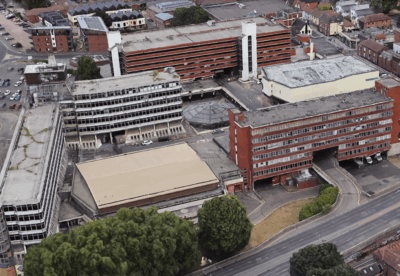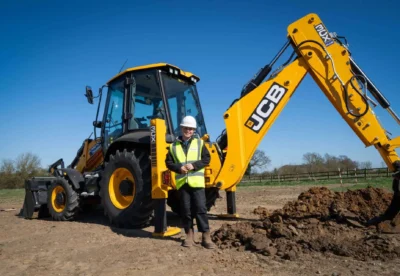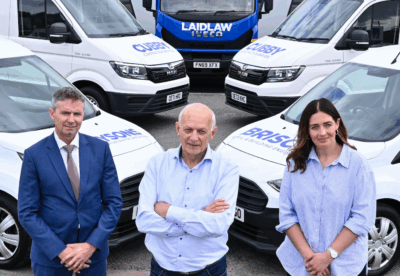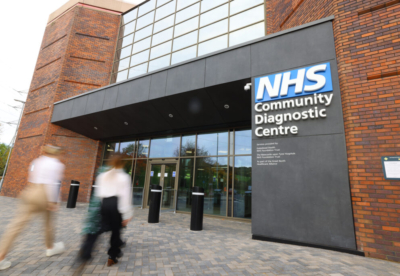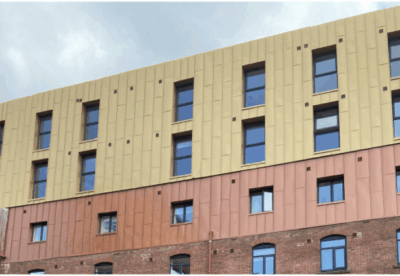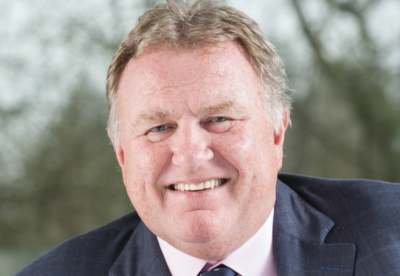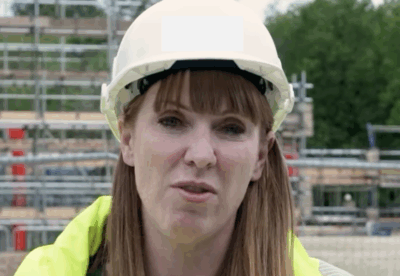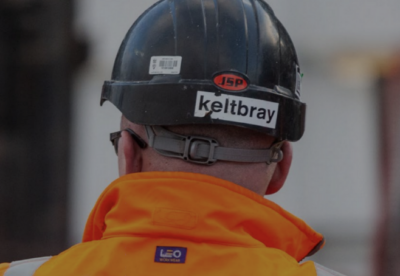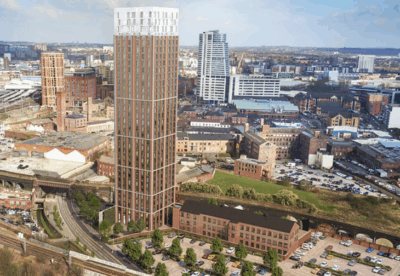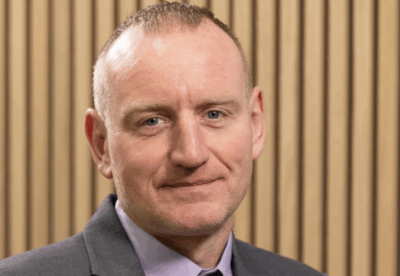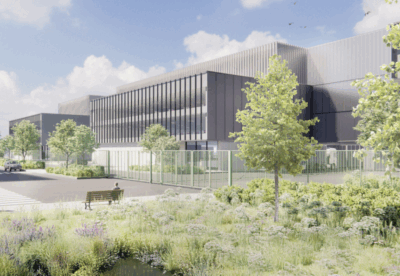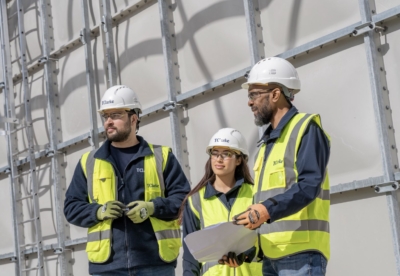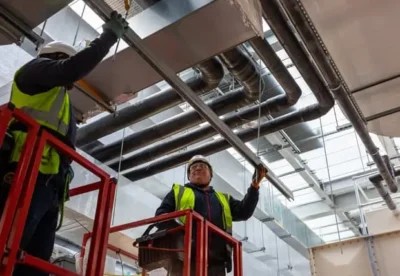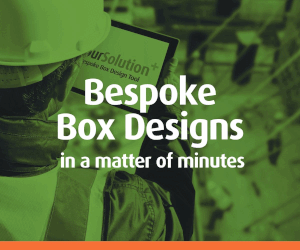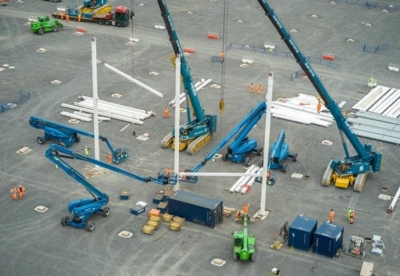A UK consortium of leading scientific and engineering companies is developing new quantum cold-atom sensors that can detect sinkholes, mineshafts and underground services.
The technology could revolutionise ground investigation work because it is twice as accurate as current systems and can penetrate far deeper.
The Gravity Pioneer project has been awarded £6m in research funding from UK Research and Innovation.
It is being led by environmental and engineering services company RSK and 12 project partners including the University of Birmingham and the University of Southampton.
The project aims to build and test a new gravity instrument that will mean an end to unnecessary excavations.
George Tuckwell, project lead and divisional director for geosciences and engineering at RSK, said: “Our ability to detect objects beneath the ground has not improved significantly.
“When it comes to attempting to locate a forgotten mineshaft, determine the extent of a sinkhole or assess the quality of infrastructure, we still often resort to digging or drilling holes.
“This presents huge economic and societal costs as road networks are dug up, oil wells are dry or brownfield land is left undeveloped.”
Existing techniques for ground investigation include classical microgravity, ground penetrating radar and seismic technologies but these can be limited in sensitivity, penetration or cost.
Gravity Pioneer aims to develop a tested blueprint for a commercially relevant device that will overcome these challenges.
Dr Richard Murray, business development manager at project partner Teledyne e2v said: “A large factor in the bid’s success was the prominent role of end-users in the project structure and the full supply chain of service, instrument and component partners involved.
“Together, we are working to build a gravity instrument that works, that the marketplace wants and that provides value to users such as RSK and client organisations such as BP, Network Rail, HS2 and Airbus.
“The UK is world leading in quantum technology and the project brings together the best the UK has to offer in this field.
“Once we can demonstrate the advanced performance of quantum cold-atom sensors, the economic and societal benefits of this new quantum industry in the UK will be significant.”








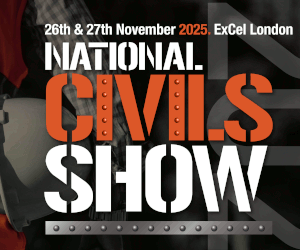



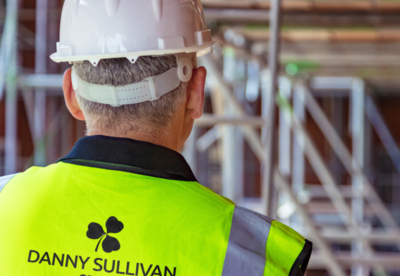






 (300 x 250 px) (2).png)


